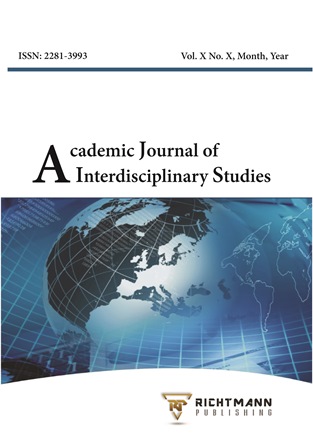Legal Arrangements and Implementation of State Ownership Rights Over Land in Indonesian Constitution
DOI:
https://doi.org/10.36941/ajis-2023-0067Keywords:
Basic Agrarian Law, Indonesia, explanatory-analytic, normative juridical, executiveAbstract
The lack of clarity and firmness in Indonesian Basic Agrarian Law (BAL) in explaining the meaning and substance of state ownership rights to land based on the nation's view of life and its implementation based on the concept of a rule of law based on the principle of people's sovereignty is a fundamental and urgent matter. This study used a normative research method of the explanatory-analytical type with a normative, comparative and historical juridical approach, while the data analysis was carried out qualitatively. The results of this study include: first, the original state tenure rights over land imply the demands of community rights and obligations regarding the use of land rights for the welfare of the people. Second, the implementation of the meaning and substance of state tenure rights over land has not been fully reflected in statutory regulations so that state administrators (executives) experience difficulties in carrying out these functions of authority. Third, the weak implementation of regulations is caused by the lack of political will in power to carry out agrarian politics consequently characterized by a single interpretation of state tenure rights over land based on the regime's political interests.
Received: 14 February 2023 / Accepted: 22 April 2023 / Published: 5 May 2023
Downloads
Downloads
Published
Issue
Section
License

This work is licensed under a Creative Commons Attribution-NonCommercial 4.0 International License.
This work is licensed under a Creative Commons Attribution-NonCommercial 4.0 International License.








